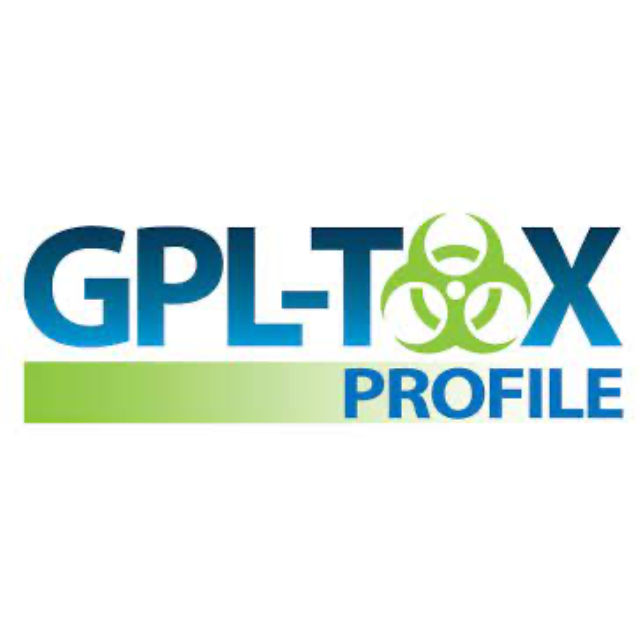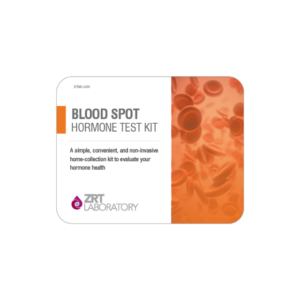GPL TOX Profile
Every day, we are exposed to hundreds of toxic chemicals through products like pharmaceuticals, pesticides, packaged foods, household products, and environmental pollution. As we have become more exposed to chemical-laden products and to toxic chemicals in food, air, and water, we have been confronted with an accelerating rate of chronic illnesses like cancer, heart disease, chronic fatigue syndrome, chemical sensitivity, autism spectrum disorders, ADD/AD(H)D, autoimmune disorders, Parkinson’s disease, and Alzheimer’s disease.
Because exposure to environmental pollutants has been linked to many chronic diseases, The Great Plains Laboratory has created GPL-TOX, a toxic non-metal chemical profile that screens for the presence of 173 different toxic chemicals including organophosphate pesticides, phthalates, benzene, xylene, vinyl chloride, pyrethroid insecticides, acrylamide, perchlorate, diphenyl phosphate, ethylene oxide, acrylonitrile, and more. This profile also includes Tiglylglycine (TG), a marker for mitochondrial disorders resulting from mutations of mitochondrial DNA. These mutations can be caused by exposure to toxic chemicals, infections, inflammation, and nutritional deficiencies.
ADVANTAGES OF THE GPL-TOX PROFILE
-
GPL-TOX screens for 173 different environmental pollutants using 18 different metabolites, all from a single urine sample.
-
GPL-TOX uses the power of advanced mass spectrometry (MS/MS), which is necessary to detect lower levels of certain genetic, mitochondrial, and toxic chemical markers that conventional mass spectrometry often misses.
-
GPL-TOX also includes Tiglylglycine, a marker for mitochondrial damage, which is often seen in chronic toxic chemical exposure.
To read more about the GPL TOX Profile, click here.
Lab results consultations are not included in the testing fee. If you would like one on one guidance and an individualized assessment of your lab results, book your Lab Results Appointment here.





